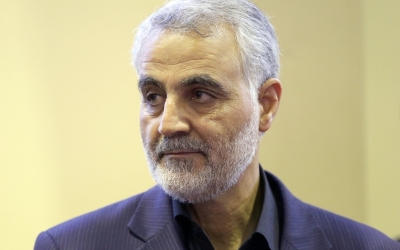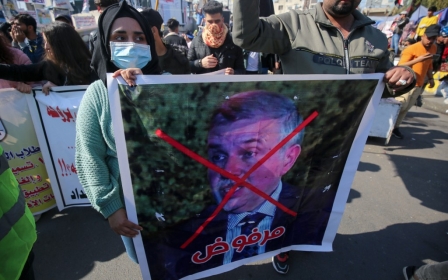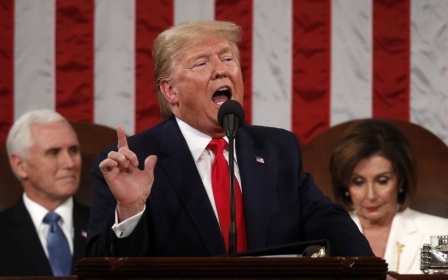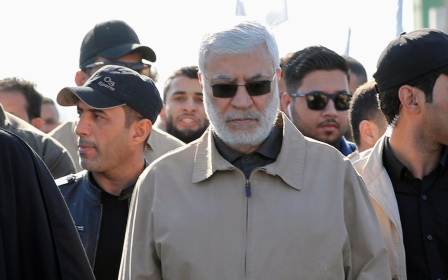Killing Qassem Soleimani was 'easy decision', Pentagon chief Mark Esper says
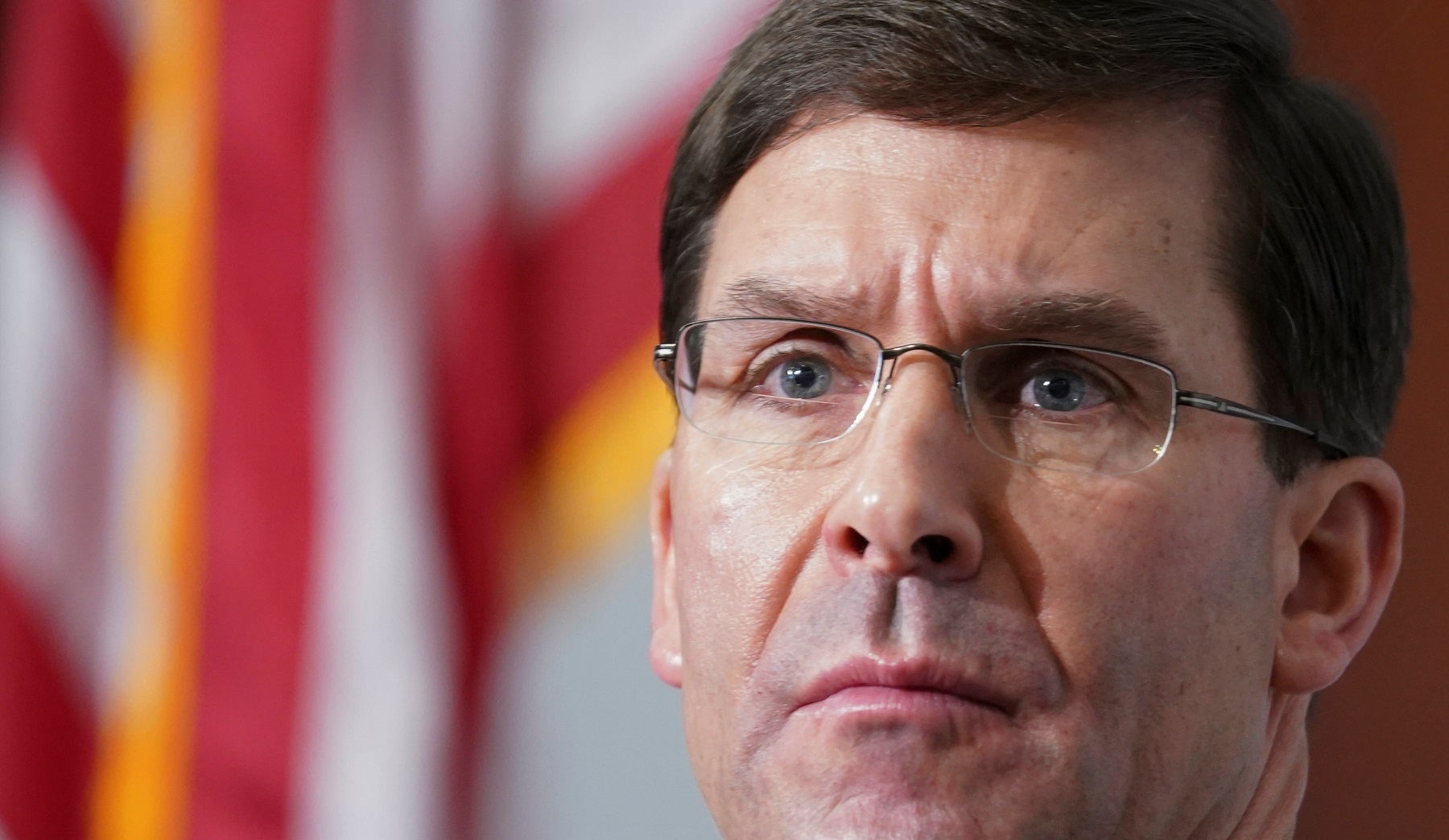
The killing of Qassem Soleimani was an "easy decision", US Secretary of Defence Mark Esper said on Thursday, weeks after the fatal strike against the top Iranian commander pushed Tehran and Washington to the brink of war.
Speaking at Johns Hopkins' School of Advanced International Studies in Washington, Esper described Soleimani as "one of the most effective commanders", saying that taking him off the battlefield was a "long term strategic benefit" for the United States.
Esper echoed President Donald Trump in slamming the slain Iranian commander, calling him a terrorist who killed hundreds of Americans. "So, it was an easy decision for me to make," the Pentagon chief said. While Trump has said he personally made the decision to kill Soleimani, the secretary of defence and top generals usually weigh in on such major military decisions in an advisory capacity.
The assassination of Soleimani followed a series of escalatory moves between Iran and the United States in Iraq.
On 27 December, a rocket attack in Erbil killed an American contractor. US officials blamed the strike on Iran-backed paramilitary group, the Popular Mobilisation Units (PMU).
Days later, Washington retaliated with air strikes against PMU bases, killing 25 Iraqi fighters.
In response, PMU-linked protesters attempted to storm the US embassy in Baghdad.
Three days into 2020, US drone strikes killed Soleimani along with top PMU commander Abu Mahdi al-Muhandis.
Soleimani, who headed the Islamic Revolutionary Guard Corps' Quds Force that supervises Iran's regional military activities, was a revered figure in the Iranian leadership.
Tehran, which had vowed "severe revenge" for the Soleimani, fired missiles at Iraqi bases that host American troops on 7 January.
It was initially reported that the attack caused no casualties, but the Pentagon later said that dozens of soldiers sustained traumatic brain injuries from the attacks.
'Good response'
The fallout from the killing of Soleimani has raised questions over Trump's Iran strategy. The US president nixed the multinational nuclear deal with Tehran in 2018 and has been imposing damaging sanctions against its economy as a part of his so-called "maximum pressure" campaign.
The US administration justified the strike against Soleimani by insisting that the Iranian general posed an "imminent threat" to American troops and interests in the region.
Still, many lawmakers who had been briefed by intelligence officials about the strike have said they were unconvinced that an Iranian threat was imminent.
On Thursday, Esper reiterated the administration's position that Soleimani was plotting attacks against Americans at the time he was targeted.
"He was actively planning the next attack," Esper said of Soleimani. "And so, I think taking him off the field, off the battlefield, was a good response to Iranian bad behaviour and his personal actions for many, many years."
Middle East Eye delivers independent and unrivalled coverage and analysis of the Middle East, North Africa and beyond. To learn more about republishing this content and the associated fees, please fill out this form. More about MEE can be found here.


